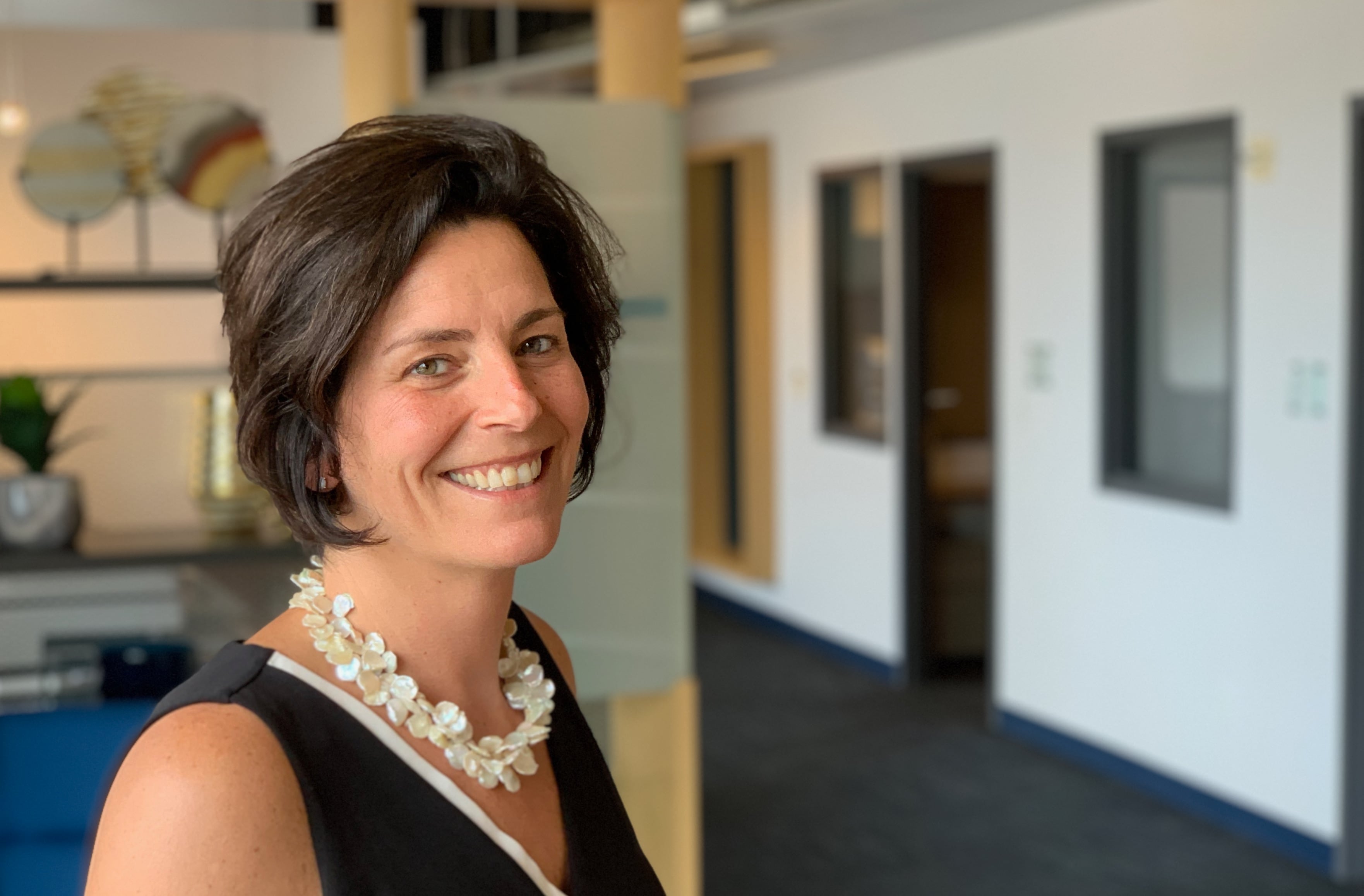More than ever, service members are struggling to fall asleep.
That was the takeaway, in layman’s terms, of a 14-year study by the Sleep Research Society that analyzed the association of insomnia with combat exposure in 1.3 million military personnel.
From 1997 to 2011, reported rates of insomnia soared, the study found, a trend that spiked considerably following the 2003 invasion of Iraq, indicating a direct association between the disorder and exposure to combat.
In the eight years following the invasion, the rate of insomnia, a sleep disorder known to increase the risk of cardiovascular issues, diabetes, stroke, depression, and anxiety, skyrocketed 652 percent among military personnel.
And while post-traumatic stress disorder and traumatic brain injuries suffered as a result of combat deployments have been identified as known contributing factors, solutions to the alarming trend have proven to be elusive.
Until now.
Or, that is at least the hope for the Department of Defense in seeking answers with the help of Dr. Anne Germain, a sleep research expert who has been studying issues of insomnia and PTSD in the military for nearly 20 years.
DoD recently awarded Germain’s company, Noctem, with a $2 million contract to conduct trials on a sample group of 800 sailors and Marines in what amounts to the most extensive sleep trial DoD has ever undertaken.
Germain has conducted insomnia trials on service members and veterans before, achieving great results within only four weeks of commencing treatment, a success she hopes translates to this larger sample size.

The problem with traditional, face-to-face treatment plans — these therapeutic treatment methods are designed to steer clear of medication — is that accessibility to care can be challenging for those living in rural areas, or entirely impossible for deployed personnel, Germain told Military Times.
Traveling to meet with a specialist oftentimes only serves to perpetuate stress and anxiety, and in some places, the combined time spent between finding parking and sitting in a waiting room often surpasses the time in the presence of an actual therapist, Germain said.
To compensate, the doctor and a team of researchers at the University of Pittsburgh developed the Noctem app, a smartphone platform patients can use to actively engage with their clinicians anytime, anywhere.
The app will be the treatment delivery method the 800 sailors and Marines of this trial.
“Patients using the app essentially have a sleep coach in their pocket, and the providers using the app can monitor, almost in real time, sleep health and behaviors that effect sleep quality,” Germain said.
One way providers monitor a patient’s progress is by viewing a short set of questions patients answer each morning and evening to document sleep patterns, recordings that can then be compared to sleep statistics of other anonymous app users.
Based on the information compiled, a clinician can then offer a personally-tailored plan that addresses how to quell any existing detriments to sound sleep — nightmares, for example.
And while these therapeutic treatment tactics come with the added bonus of the patient being able to avoid going to the doctor if they choose, Germain said this innovation is not designed to eliminate face-to-face treatment plans, but to increase the available treatment arsenal for a clinician.
“There are obviously people who require in-person access to clinicians, and distinguishing that is vital, because clinicians like myself are seeing patients, some of whom genuinely need in-person access but are waiting just as long for an appointment as those who may not need to be seen in person,” she said.
With this new platform, those patients who may not require in-person care can use the app and still receive the same quality of treatment with the same results, Germain said.
As a result, year-long wait lists could become a thing of the past, as patients not requiring or seeking face-to-face treatment can make room for those who genuinely need it.
Above all, quality of care and treatment results remain paramount, something Germain’s company will begin monitoring after the enrollment process of the 800 trial participants kicks off near the end of October.
“My primary goal is to make sure that people benefit from the treatment," she said.
"I’m not willing to compromise the quality of the outcome. It has to be as good on the digital platform as face-to-face. Otherwise we’re cheating the patients, service members and veterans.”
J.D. Simkins is the executive editor of Military Times and Defense News, and a Marine Corps veteran of the Iraq War.




